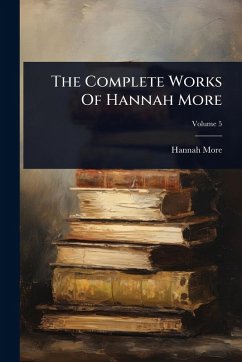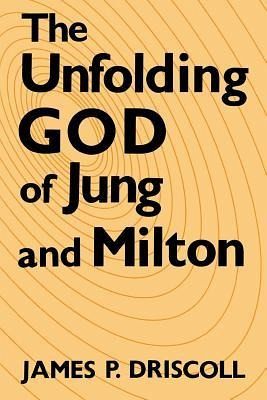
The Unfolding God of Jung and Milton
Versandkostenfrei!
Versandfertig in über 4 Wochen
25,99 €
inkl. MwSt.

PAYBACK Punkte
13 °P sammeln!
In this first extensive Jungian treatment of Milton's major poems, James P. Driscoll uses archetypal psychology to explore Milton's great themes of God, man, woman, and evil and offers readers deepened understanding of Jung's profound thoughts on Godhead. The Father, the Son, Satan, Messiah, Samson, Adam, and Eve gain new dimensions of meaning as their stories become epiphanies of the archetypes of Godhead. God and Satan of Paradise Lost are seen as the ego and the shadow of a single unfolding



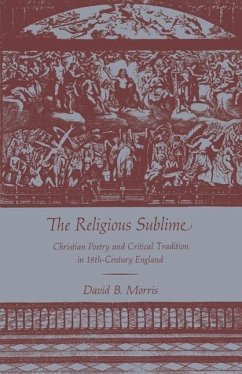
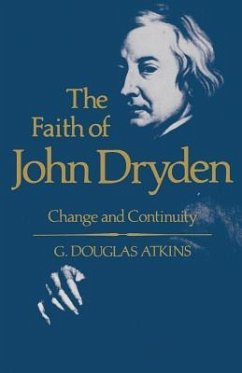


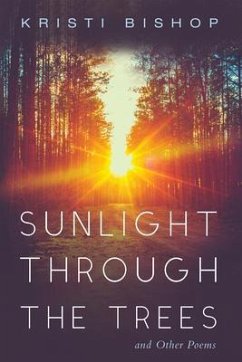
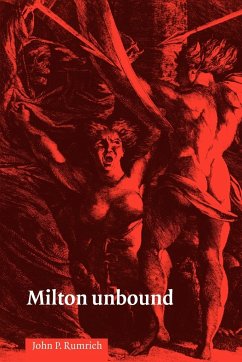
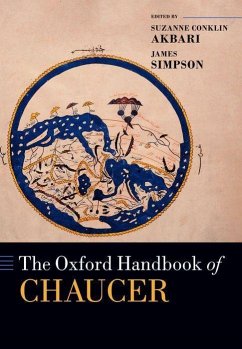
![The God of Vengeance [microform]: Drama in Three Acts Cover The God of Vengeance [microform]: Drama in Three Acts](https://bilder.buecher.de/produkte/65/65518/65518587n.jpg)

